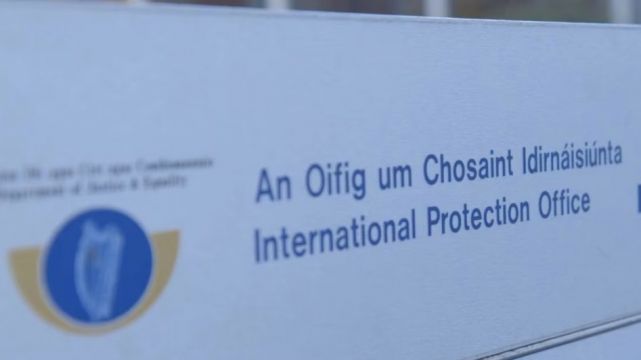More than 110 people have died in protected accommodation since its inception.
New figures from the International Protection Accommodation Service (IPAS) show that up to December 31st last year and since such facilities were opened in 2002, 114 people have died.
Of the 114 people who have died over the 18-year period, 20 passed away off site, with the first of these deaths occurring in 2021 when seven occurred, six in 2022 and seven last year.
Six deaths were recorded in 2002, while nine occurred last year. Ten, the highest number who died over the period, occurred in 2022. One person in 2011 and 2014 were recorded to have died.
More men totalling 78, than women at 32, have died, with four unknown genders, in protected accommodation with the average age being between 26 to 39, followed by those aged 40 to 55.
Nigerian nationals are the largest ethnic group who have died, with 12 men and 11 women dying in government-provided facilities followed by Pakistan with eight men and one woman. The other nationalities who have died are Georgia, Zimbabwe, Democratic Republic of Congo, Cameroon, Eritrea, Somalia while 35 deaths account for “other” countries.
Circulatory system issues accounted for the highest numbers of deaths at 19, followed by 14 people dying by accident, poisoning and violence, 13 from neoplasm or cancer, while seven children died from sudden infant death syndrome. The cause of death in 34 cases was not available.
Dublin experienced the highest number of deaths with 38, of which 23 were men and 13 women followed by Cork with 21 deaths with men accounting for 15 and six being women, while in Meath 12 people died.
The other counties where individuals died were Kildare, Kerry, Donegal, Galway, Laois, Limerick, Louth, Monaghan, Waterford, Westmeath, Wexford and Wicklow.
The IPAS said it publishes statistics on a bi-annual basis in a bid to “balance the need for openness and transparency” with the “expectation of privacy and consideration of the sensitive nature surrounding the death of any individual for their family and friends”.
There are protocols in place for the notification of a death occurring on a site being used for direct provision. If a death occurs off-site, then the centre manager must receive confirmation from the relevant authorities on the death, inform IPAS as soon as possible and work to ensure that next of kin, close friends and staff members are informed and offered appropriate supports.
The service said the responsibility for determining the death rests with a coroner where a death is notifiable under a section of the Coroner’s Act, 1962.
According to the Department of Children, Equality, Disability, Integration and Youth Integration (Dcedity) there are nearly 28,000 people accommodated in the International Protection Accommodation Service (IPAS) system as a whole (of whom 6,356 are children) compared with nearly 20,000 people at this time last year.
Together with Beneficiaries of Temporary Protection displaced by the war in Ukraine, this means that Ireland is now accommodating over 100,000 people in state-supported accommodation.







